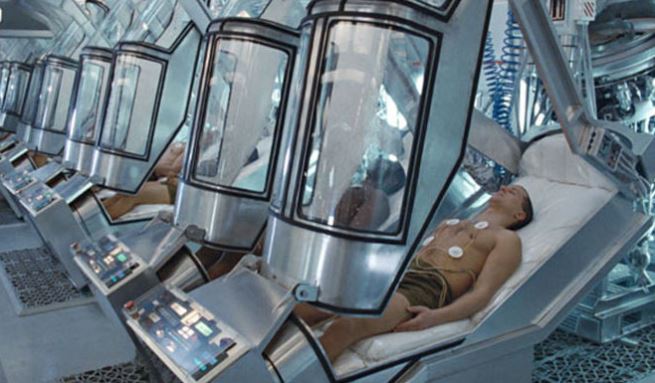Two Russian companies want to launch hibernating organic material into orbit in order to study its behavior
The United States and Russia recently signed a collaboration agreement to build the space station in lunar orbit: it will be the first step in the exploration of the Solar System, in particular Mars and other long-term journeys.
Getting to and from the Red Planet, staying there (in orbit or on the surface) for six months, would take the crew for a couple of years. Towards Jupiter and Saturn, or even beyond, we will have to consider much, much longer times: tens of years, tens and hundreds of centuries. Assuming such voyages are feasible, how can the crew survive for so long?
A path that science fiction has always traveled through is hibernation, now also reconsidered by science, after the experiences of cryopreservation.
Two Russian companies, KosmoTech and KrioRus (which has been offering post-mortem cryopreservation services for years), deal with hibernation with investments and experience, which a few weeks ago created the Consortium Space technologies with the aim of “investing in the development and implementation of advanced space technologies “, including hibernation.
The first step of this project will consist in sending into space containers with biological material, human and animal, and samples of single organs and DNA, in order to verify the effects of microgravity conditions on organic parts subjected to hibernation.

In this experimental phase, the consortium also aims to develop the technologies necessary for the “repair” of any damage to living organisms that may occur in space. The project does not precisely define who will be in charge of launching the material, but they should be very important companies in the Russian aerospace sector.
KrioRus seems to have considerable commercial experience in cryonics: from the documents available on the site it can be deduced that from 2003-2005 to date it has conducted the cryopreservation of 54 whole bodies and (human) brains, as well as an uncertain number of dogs, birds and cats. Recently among its services was added that of the perennial cryopreservation of the brain in Earth orbit, at a price of 250,000 dollars (it is not clear whether including the launch price).
Of course, cryopreservation and hibernation are very different things: the first applies to the deceased, the second would apply to the living with the certainty of being able to wake them up healthy and functioning … Unfortunately human hibernation and relative awakening at the moment , we know little or nothing: if you cannot calmly wait for the progress of science to find out more, you can always resort to the services of KrioRus.

